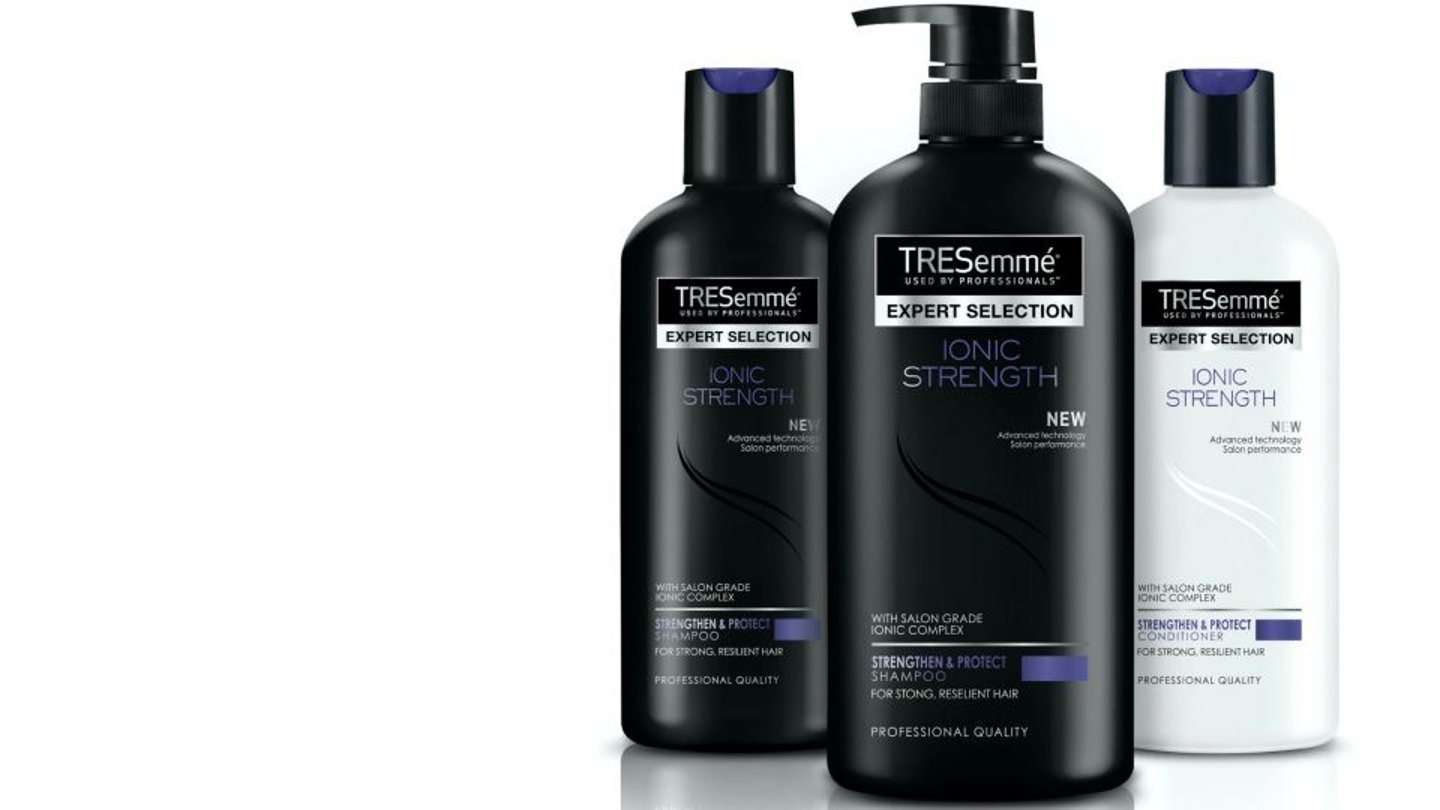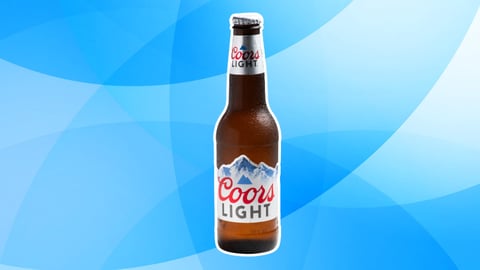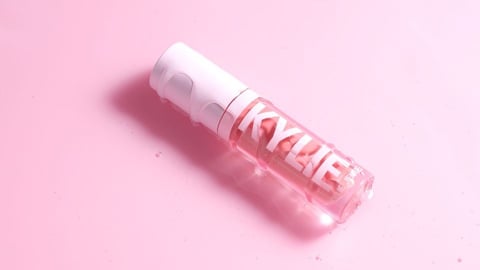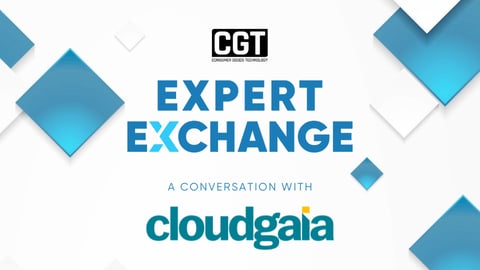Unilever Modernizes Micro-Retailer Supply Chains With Cloud & AI B2B Platform
Select mom-and-pop retailers that partner with Unilever are receiving a digital boost in their order management and merchandising processes.
As part of an ongoing digitalization initiative, the CPG giant has implemented a cloud-based, AI-powered B2B e-commerce platform to streamline operations for its micro-retailer partners.
The end-to-end distributive trade platform will be live in six emerging markets by May, providing sales reps across Indonesia, Vietnam, Pakistan, the Philippines, Thailand and soon Bangladesh with access to these digital tools. It covers the full value chain — from demand generation and order capture to fulfillment and customer service.
Also read: Unilever is partnering with Amazon on a Kaizen-optimized supply chain transformation
App Overview
- Available in six markets
- 500,000 retailers
- 600 distributors
- 75,000 orders processed daily
- $2.8 billion in annualized sales
Platform capabilities include:
- Advanced AI modeling so Unilever can better understand what retailers are likely to buy.
- AI and image processing technology with AI through which sales teams can gain insights into stock levels and receive suggestions about product placement and merchandising.
- A distribution management system that checks order quantities against stock levels and generates an automated resupply if there’s a shortfall.
- Automated management of settlements, credits and returns.
- A route optimization tool that helps distributors identify the most sustainable and cost-effective options for delivery (limited to select markets).
“With these deeper insights, sales teams can now personalize their engagement strategies, tailor loyalty programs and plan more targeted promotions and campaigns to increase relevance with retailers, driving conversions and sales,” Unilever said in a recent blog post.
The Digitalization Effort is Spreading Worldwide
The tools give retail partners, no matter how small, access to the same B2B application as other sales reps. This allows retailers with weak internet connectivity in more rural areas to use their mobile phone to browse Unilever’s full product catalogue, access discounts and promotions and self-replenish based on inventory needs.
As a result, Unilever reported an increase in its Net Promoter Score in Thailand, the Philippines, Indonesia and Vietnam — suggesting that retailers in these areas are more likely to recommend Unilever products and services.
This effort is modeled after the Shikhar app, deployed in Unilever’s India markets. The app has helped drive Unilever's sales and also helped its retailer partners maximize their sales potential via digitization, according to Hindustan Unilever (HUL) CEO and managing director Sanjiv Mehta.
More: See how Coca-Cola has revamped its B2B myCoke platform
Prashaant Huria, Unilever VP and chief digital and technology officer for customer development, said in a statement that the goal of this most recent B2B platform was to “create a future-fit platform that could scale and serve our distributive trade business globally, while adapting to local needs and nuances.”
Anticipated benefits include more personalization and loyalty capabilities from deeper data insights; higher conversion rates through targeted promotions and campaigns; faster sales calls, elevating the customer service experience while allowing sales reps to visit more outlets; and ultimately, larger order values and increased sales.






